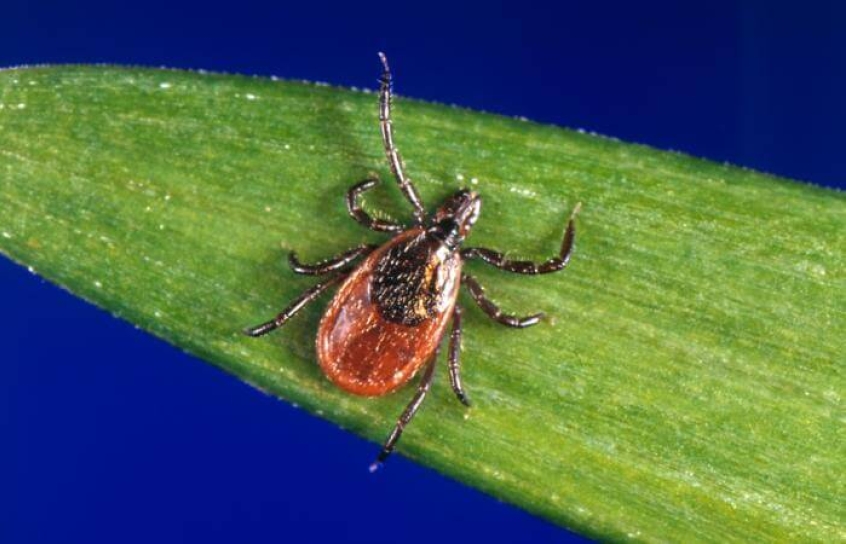
A new type of bacteria that transmits Lyme disease has been discovered by scientists.
The name Borrelia mayonii was given to the newly discovered species in honor of the researchers at Mayo Clinic who helped with the discovery, ABC News reported. The research was a collaborative work of Mayo Clinic, local health departments, and the Centers for Disease Control and Prevention. The findings were reported in the journal The Lancet last week.
The bacteria species was identified in ticks found in Minnesota, North Dakota, and Wisconsin after researchers found six people tested positive for Lyme but exhibit different symptoms. Before this new discovery, Borrelia burgdorferi was the only species of bacteria known to cause the disease in North America.
Vanderbilt University Medical Center's infectious disease expert, Dr. William Schaffner, said that modern medical technology has helped researchers understand infectious diseases better.
"This was likely a bacteria that was there all the time," Schaffner told ABC News. If it weren't for the new advancement, the disease caused by the new species remains as an "unknown infection."
Schaffner went on to say that the findings will be relayed to doctors in different communities as the bacteria cause symptoms that distinguish it from the other types of bacteria. These symptoms include acute nausea and vomiting, and diffuse rashes (as opposed to the "bulls-eye" rashes from B. burgdorferi).
The deer tick or black-legged tick remains as the same vector of B. mayonii, researchers said, according to a press release from CDC. But with further bug testing, researchers believe that the species is confined in the upper Midwest.
As for the treatment, the CDC reports that patients recovered successfully when given the antibiotic regimen usually used in treating B. burgdorferi-caused Lyme disease. The agency recommends that doctors should follow the same treatment regimen for B. mayonii-infected patients.
According to study co-author and CDC microbiologist Dr. Jeannine Petersen, the next step is to continue the research with the help of Mayo Clinic and upper Midwest state health departments.
"We plan to continue collaborating with Mayo clinic and state health departments in the Upper Midwest to find more patients infected with this bacteria, to look for additional areas where infected ticks live, and to identify other bacteria that can cause tick-borne disease," Petersen told CBS News.













